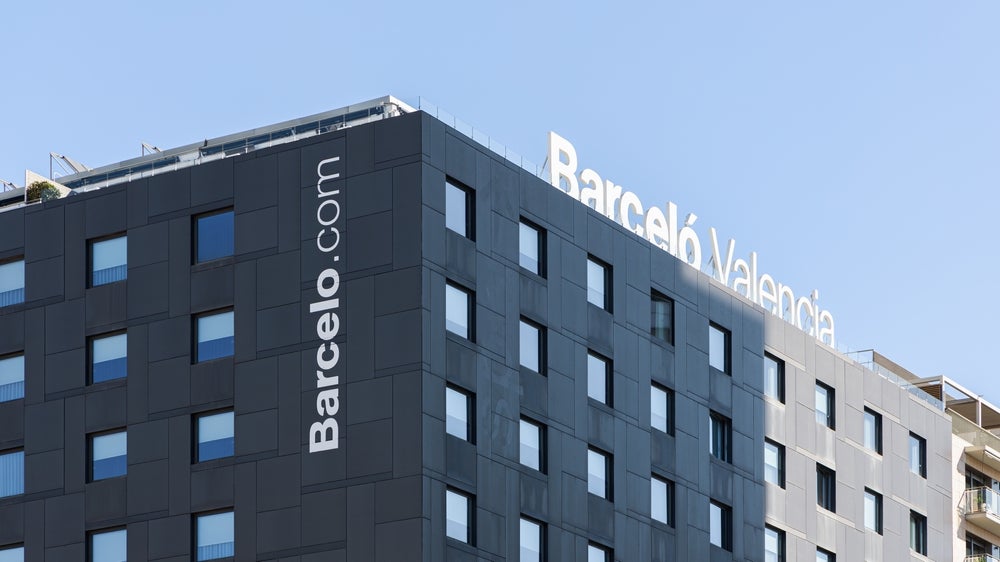The Global Sustainable Tourism Council (GSTC) has announced that the Barceló ReGen Standards v1.0, a sustainability plan by Barceló Hotel Group, has gained GSTC-recognised Standard Status.
The Barceló ReGen strategy aims for Barceló to become a leader in regenerative tourism. It is based on three pillars: global sustainable investment in local communities with global impact, a fair and ethical social role, and caring for the planet and people.
Founded in 1931 by Simón Barceló in Spain, Barceló is a vertically integrated tourism group made up of the Barceló Hotel Group, which has more than 245 hotels and more than 54,000 rooms in 22 countries, and the travel division, Ávoris.
Barceló Hotel Group CEO EMEA Raúl González commented: “The recognition of our standards by the GSTC is the best acknowledgment of our work and a boost to the consolidation of our own sustainability processes.”
Sustainable management, environmental principles
GSTC-recognised status indicates that a sustainable tourism standard has been reviewed by GSTC technical experts and that the set of standards is based on the four pillars of the GSTC criteria: sustainable management, and socioeconomic, cultural and environmental principles.
GSTC's recognition of standards does not relate to processes of certification or accreditation.
15 destination standards, 20 tour operator standards, 44 hotel standards and five systems have so far achieved GSTC-recognised status.
GSTC CEO Randy Durband explained: “Applying the four pillars of the GSTC criteria means Barceló is taking a holistic approach to sustainability, going beyond environmental issues to include community impacts, social and cultural issues, and getting the management and governance structures in place to pursue continuous improvement.”
Barceló recently assumed operation of a five-star hotel in Sliema, Malta, which will undergo a €35m ($38.17m) redevelopment.









